Description
“Subhas Bose and India Today: A New Tryst with Destiny?” by Pradip Bose is a thought-provoking and meticulously researched book that delves into the life and legacy of one of India’s most enigmatic and influential freedom fighters, Subhas Chandra Bose. This book offers a fresh perspective on Bose’s ideologies and examines his relevance in contemporary India. Bose’s contributions to India’s struggle for independence and his vision for a progressive and inclusive India are thoroughly explored, shedding light on the relevance of his ideas in the present socio-political context. Pradip Bose, the author and a descendant of Subhas Chandra Bose, brings a unique perspective and personal insight into the narrative, making this book an engaging and insightful read.
In “Subhas Bose and India Today: A New Tryst with Destiny?”, Pradip Bose presents a comprehensive overview of the life, philosophy, and political journey of Subhas Chandra Bose. The book begins by tracing Bose’s early life, upbringing, and his experiences during the freedom movement. It explores his ideological differences with Mahatma Gandhi and Jawaharlal Nehru, highlighting his unwavering belief in armed struggle and his formation of the Indian National Army (INA) to combat British rule.
The author also examines Bose’s international endeavours and his role in seeking assistance from foreign powers such as Germany, Japan, and the Soviet Union during World War II. Pradip Bose provides a balanced analysis of Bose’s controversial alliance with these nations, emphasizing the context and complexities of the times.
Furthermore, the book delves into Bose’s vision for post-independence India, focusing on his advocacy for socialism, secularism, and equal rights for all citizens. It discusses his emphasis on empowering the marginalized sections of society and his strong stance against communalism. The author evaluates the impact of Bose’s ideas on the present-day political landscape of India and questions whether his vision has been realized.
Pradip Bose’s analysis of Subhas Bose’s ideologies and their relevance in modern India is a compelling aspect of this book. The author critically examines Bose’s political strategies and decisions, offering a nuanced understanding of his motives and the challenges he faced. By exploring Bose’s inclination towards armed struggle and his willingness to seek support from foreign powers, the author avoids presenting a one-dimensional view of the freedom fighter, instead presenting a balanced portrayal.
Moreover, the book skillfully addresses the dichotomy between Bose’s vision and the post-independence trajectory of India. Pradip Bose raises important questions about India’s direction since independence, evaluating the extent to which Bose’s ideals have been upheld or compromised. This analysis prompts readers to reflect on the country’s current political climate and the challenges faced in achieving Bose’s vision of a truly independent and egalitarian India.
When comparing “Subhas Bose and India Today: A New Tryst with Destiny?” with other books on Subhas Chandra Bose, it stands out for its fresh perspective and personal touch. While there have been numerous biographies and historical accounts of Bose’s life, Pradip Bose’s connection as a descendant adds a unique dimension to the narrative. The author’s personal anecdotes and family insights offer a fresh lens through which to view Bose’s life, adding depth and authenticity to the storytelling.
Furthermore, this book distinguishes itself by its comprehensive exploration of Bose’s post-independence vision for India. While many books primarily focus on Bose’s role in the freedom struggle, “Subhas Bose and India Today” delves into his social and economic ideals, making it a valuable resource for readers seeking a deeper understanding of Bose’s holistic vision for the nation.
One of the key themes that emerge from “Subhas Bose and India Today” is the significance of Bose’s ideas and their contemporary relevance. Pradip Bose argues that many of Bose’s ideals, such as socialism, secularism, and empowerment of marginalized sections of society, hold immense relevance in present-day India. The book explores how Bose’s vision aligns with the aspirations of modern India and challenges readers to reflect on the current socio-political climate.
Another theme that pervades the book is the complexity of Bose’s choices and the moral dilemmas he faced. By delving into Bose’s alliances with foreign powers during World War II, the author examines the ethical challenges Bose encountered in his pursuit of freedom for India. This theme adds a layer of depth to Bose’s character and prompts readers to consider the complexities of leadership during times of struggle.
“Subhas Bose and India Today” provides a well-rounded portrayal of Subhas Chandra Bose as a multifaceted and determined leader. Pradip Bose carefully captures his dynamic personality, his unwavering determination, and his deep commitment to the cause of India’s independence. The book highlights Bose’s charisma and his ability to inspire and mobilize people from all walks of life.
The author also provides insights into the personalities of other key figures in Bose’s life, such as Mahatma Gandhi and Jawaharlal Nehru. Through nuanced characterizations, the book explores the ideological differences and clashes between these leaders, shedding light on the complex dynamics of the freedom movement.
About the Author:
Pradip Bose, the author of “Subhas Bose and India Today,” brings a unique perspective to the narrative as a descendant of Subhas Chandra Bose. His connection to the subject matter adds depth and authenticity to the book. Pradip Bose’s background as a scholar and researcher is evident in the meticulous research and attention to detail presented in the book. His ability to blend personal insights with historical facts makes for a compelling and engaging narrative.
Pradip Bose’s writing style is engaging and accessible, making “Subhas Bose and India Today” a captivating read. The author’s prose is clear and concise, allowing readers to grasp complex historical and political concepts without feeling overwhelmed. Bose’s storytelling skills shine through as he seamlessly weaves personal anecdotes, historical accounts, and scholarly analysis, creating a cohesive and engaging narrative.
What People Say About This Book:
“Subhas Bose and India Today: A New Tryst with Destiny?” has garnered praise for its insightful analysis and meticulous research. Readers comment on Pradip Bose for presenting a balanced perspective on Subhas Chandra Bose and his contributions to India’s freedom struggle. The book’s relevance to contemporary India and its exploration of Bose’s vision for the nation have also received positive feedback. Critics and scholars have lauded the author’s ability to connect personal narratives with broader historical contexts, making the book accessible to a wide range of readers.
One of the strengths of “Subhas Bose and India Today” is its comprehensive exploration of Subhas Chandra Bose’s life, philosophy, and political journey. The author’s personal connection and meticulous research add depth and authenticity to the narrative. The book’s relevance to contemporary India and its thought-provoking analysis of Bose’s vision is commendable.


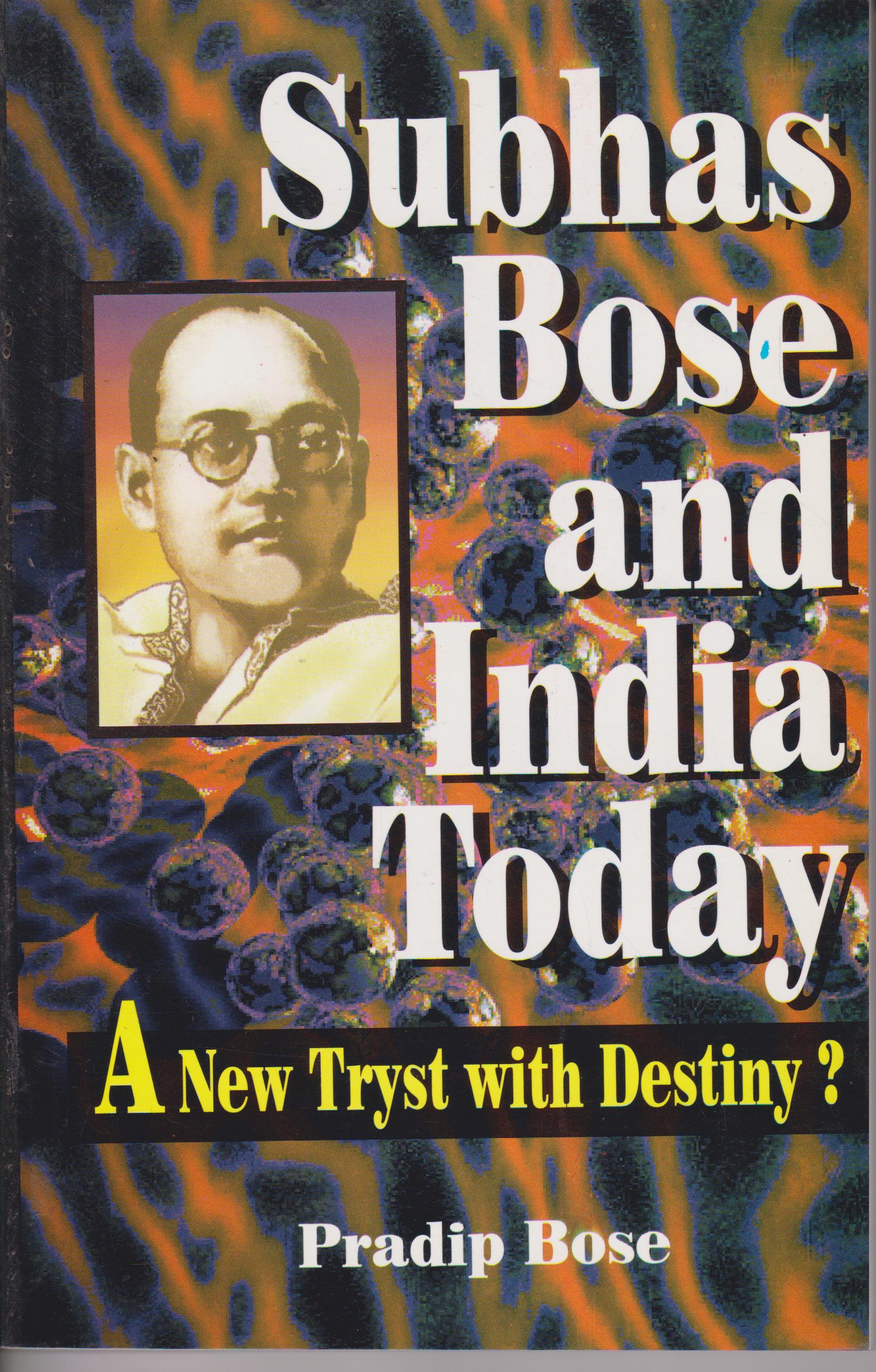
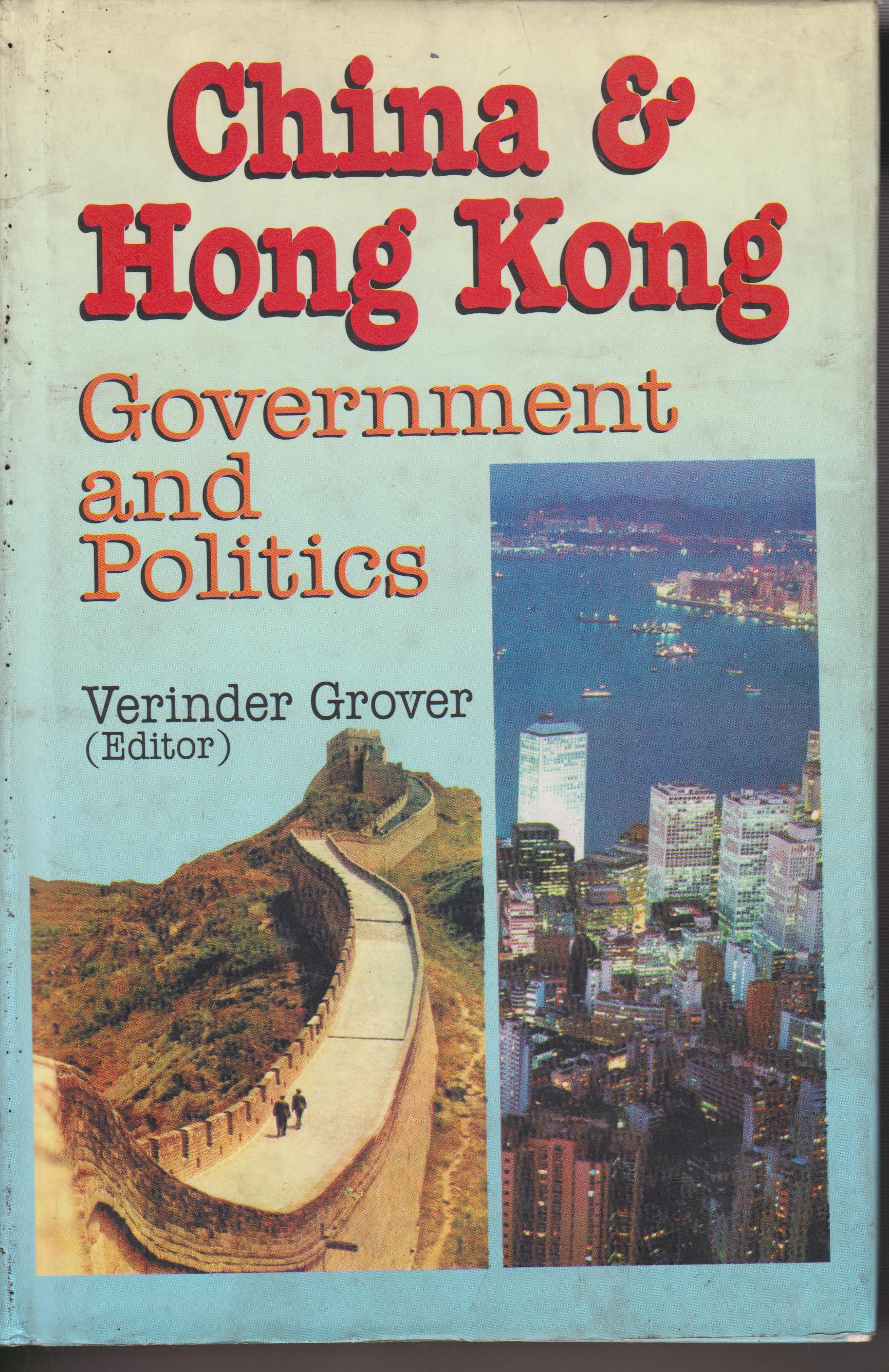

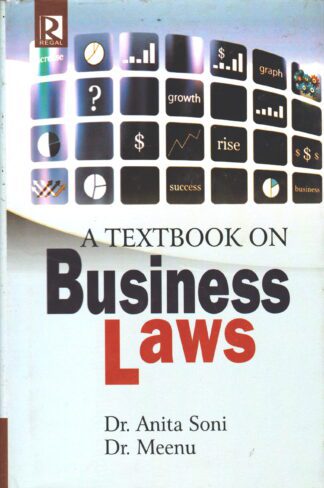
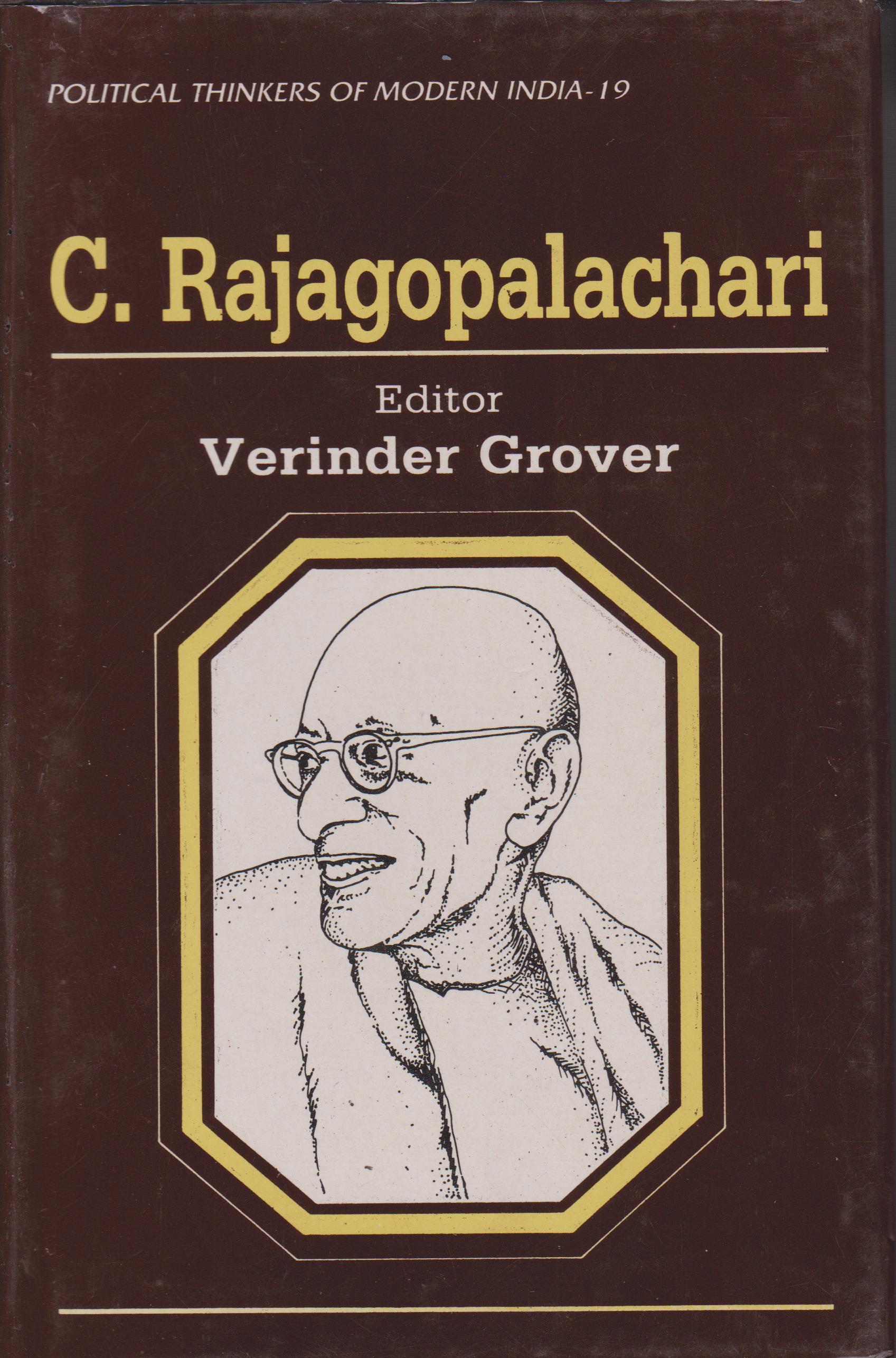
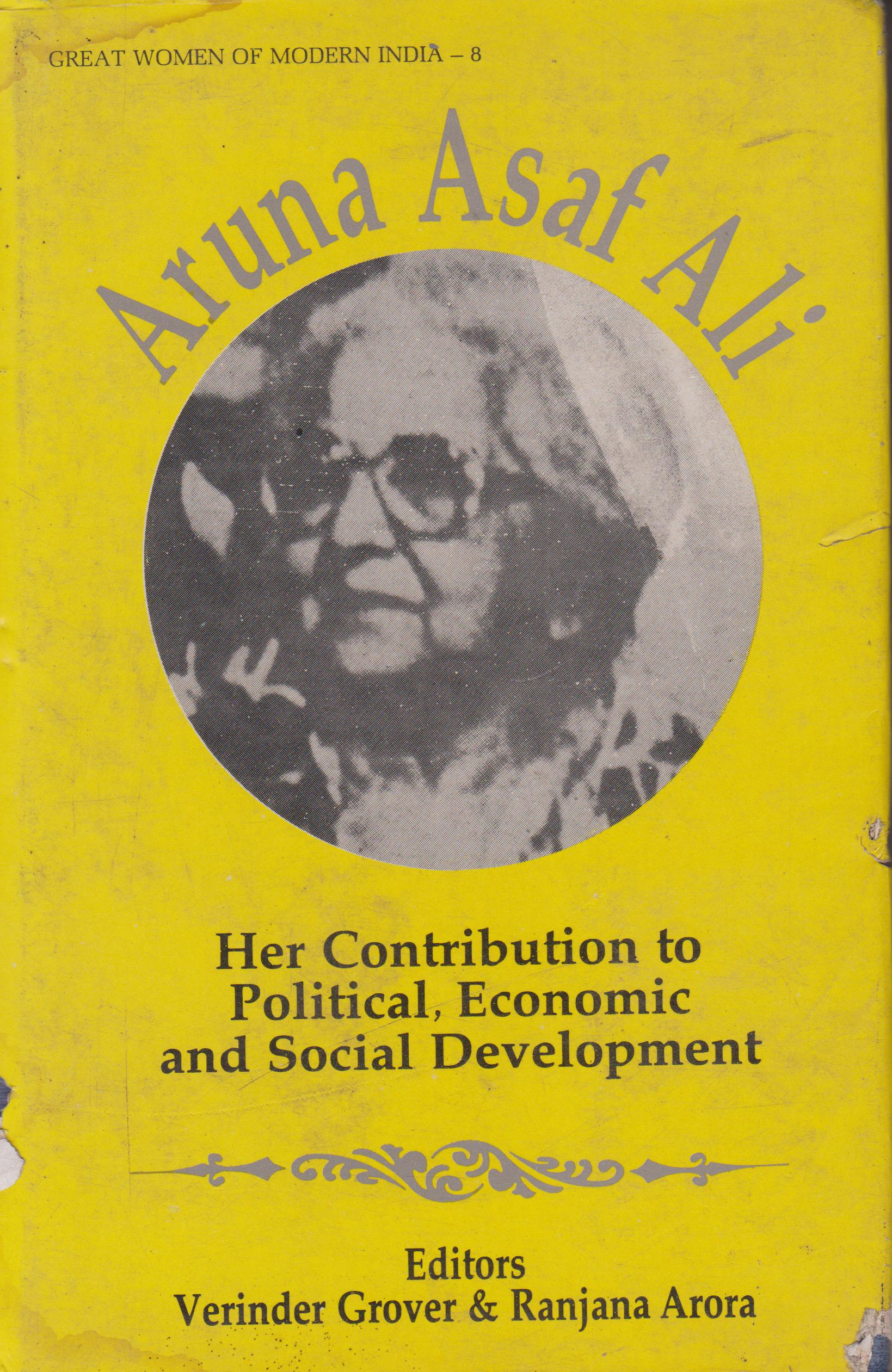
Reviews
There are no reviews yet.